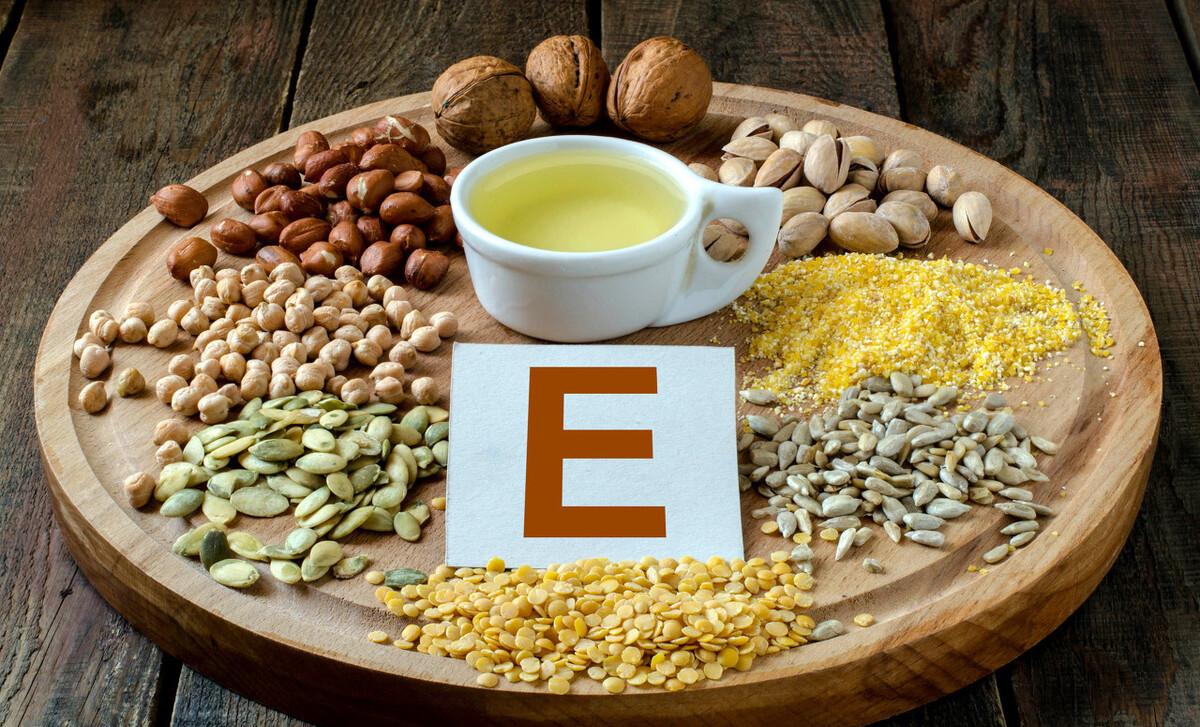First of all, antioxidant is the abbreviation of antioxidant free radicals, we are resistant to oxidative free radicals, these oxidized free radicals will damage protein structure, such as damage to our skin cells, immune cells and so on.
Antioxidant free radicals can act on free radicals or indirectly consume substances that are easy to generate free radicals, and the presence of low concentrations can effectively inhibit oxidation reactions.
Women know that vitamin E is antioxidant, yes, tocopherols (vitamin E) are widely present in higher animal and plant tissues, and the antioxidant capacity of animal oils and fats is weaker than that of vegetable oils, so the content of tocopherols in vegetable oils and fats is higher.

Tocopherol's light resistance, ultraviolet resistance, and radioactivity resistance are also strong, so many friends will choose to wipe their hands with vitamin E to wipe their faces. At higher temperatures, tocopherols are only damaged by 50% when heated at 220 degrees Celsius for 3 hours, which is enough to be visible, and has a very important significance under the factors that promote oxidation such as sunlight and fluorescent lamps.
In recent years, some studies have shown that tocopherols have the effect of preventing the production of carcinogens - nitrosamines - in bacon meat products. At present, the international safety evaluation of tocopherol believes that the toxicity is very low, and taking a high dosage of 3g per day does not produce side effects.
Tea polyphenols - mainly using green tea as raw material extraction. Tea polyphenols have a good synergistic effect with citric acid and malic acid, and are not easy to destroy at high temperatures. The advantages of drinking tea needless to say, long-lived elderly people, friends who pay attention to the quality of life love to drink tea, which is also the role of tea polyphenols. It has the ability to resist oxidation, and can kill bactericidal and anti-inflammatory, cardiotonic and antihypertensive, for the human body, tea polyphenols can enhance the anti-stress ability of human blood vessels, and there is a detoxification effect on harmful alkaloids such as nicotine.
Phytic acid - extracted from corn and wheat as raw material, the toxicity is lower than that of table salt, and is widely used as an antioxidant and preservative for fruits and vegetables, oil and fat foods. Foods rich in phytic acid are: coarse grain beans, grains, nuts.